Veren
Remember that the family name is De Vere (“of Vere.”) Those of us dedicated to Royal Vampirism and witchcraft were Vere and not directly tied to the family name. So why didn’t I stay a Vere? I am still dedicated to the tenets set forth in royal vampyrism, and most of what Nicholas de Vere discusses in his book. But I found something within the name etymology that was potentially troubling.
Voirre (a variation of Vere) means “glass.” The de Vere family was of Norman Gaulish descent and are most likely the descendants of Goidel Glass-leader of the Milesians who not only disrupted the Tuatha De Danann, but some say then hunted them. There is also some connection to the word, “iron,” particularly in Piedmontese. Iron is said to be dangerous for the fey and may have been the material for the nails and spear at the crucifixion.
With Nicholas no longer with us, it is impossible to compare notes with him but, based on etymology, to be “vir/vere” is to be human and a man. Therefore, to be de Vere would be “of man.” There is some etymological traces in the Sanskrit word for Gods, “Varuna.” The word and name, “Vere,” may have been the human response to or attempt to equal/mimick “Varuna.” It may have also been a human variation on the term, “vair,” which means “changeable or that which can change (werewolf/vampyre),” “multi-colored or polychromatic (angels/serpahim,” or “shining (which those of the divine races are said to be”). Other variations are also tied to the angels, and specifically to werewolf, as they mean sailor/navigator and the word, “verne,” which means “shield” or “protector.”
Another variation on the word is “kare.” This is the root of the name, “Karen,” but also a title of several royal women in Egypt and the throne of a human Egyptian Queen (Maatkare is a name shared by several royal women from Ancient Egypt: Maatkare Hatshepsut, the throne name of Queen/Pharaoh Hatshepsut). It is likely the “kare” caste or class that Hatshepsut came from. In Latin and Greek, “Kara/Cara” means person. And in Hausa, as opposed to wolf, the word “kare/karen” means “dog.”
In the cosmology of my book, Gold ‘n Silver, this would be a human who believes they have gone through the initiation rights to become a wolf when, in fact, they are still fully human.
Nicholas de Vere had no interest in ruling or even in royal families. The Merovingians had been overrun by a merchant class that became the ancestors to modern royals. While we all may have some genealogical tie to royal families, it is in older lines that we were concerned-the elven lineages. That emphasis has seemingly been lost with the passing of Nicholas and there is a new value being placed on connection to the royal houses. This is understandable given the etymology I uncovered. The only family name placed on the “tree” by Nicholas was de Vere. Based on the etymology, it would seem perhaps incorrect and, since there is some connection between the Vere and Nicholas’ research, with these new findings and his line taking stock in European royalty, it is no longer a direction for me.

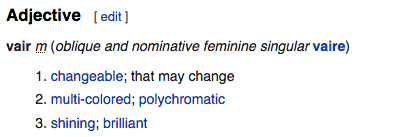

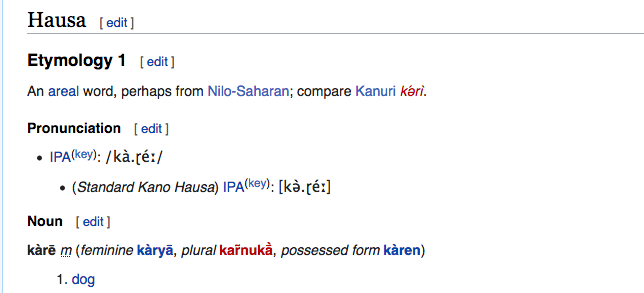


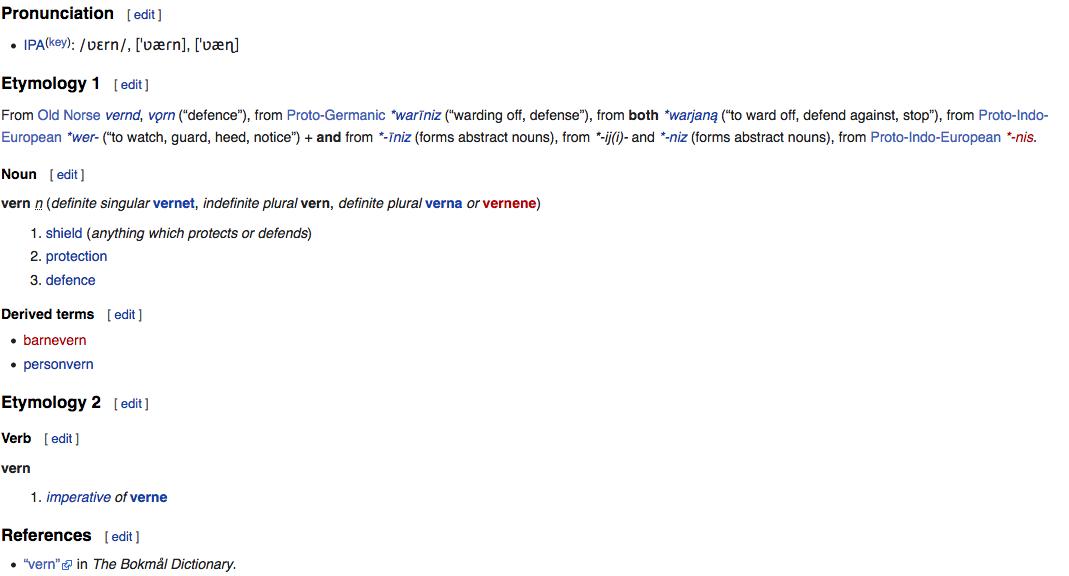
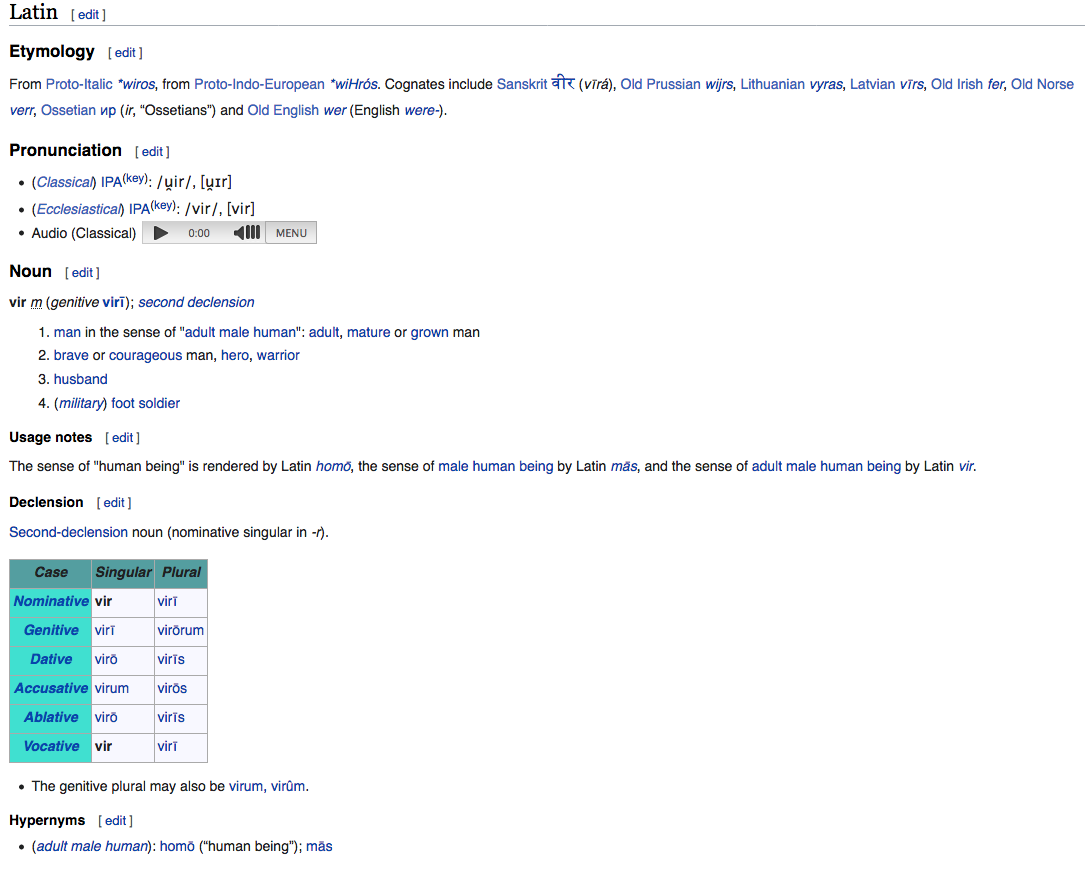
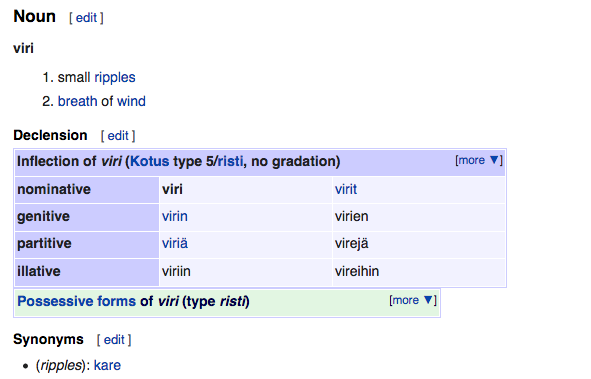
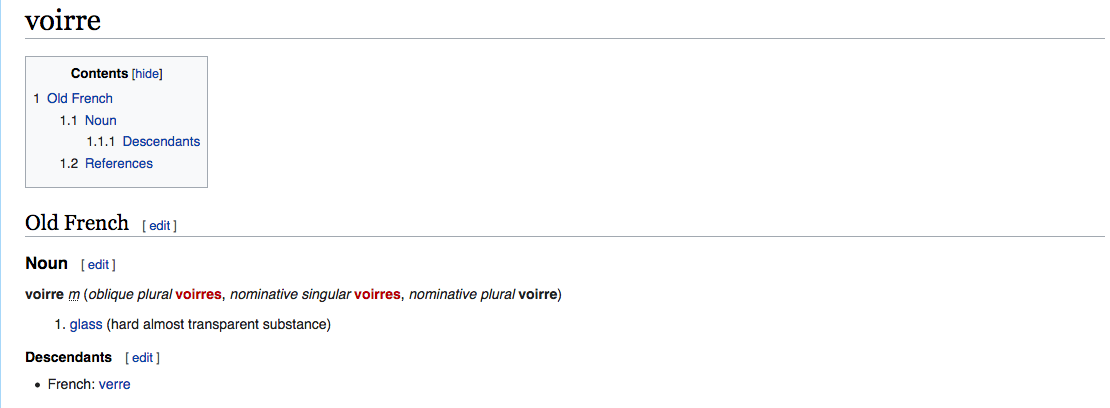
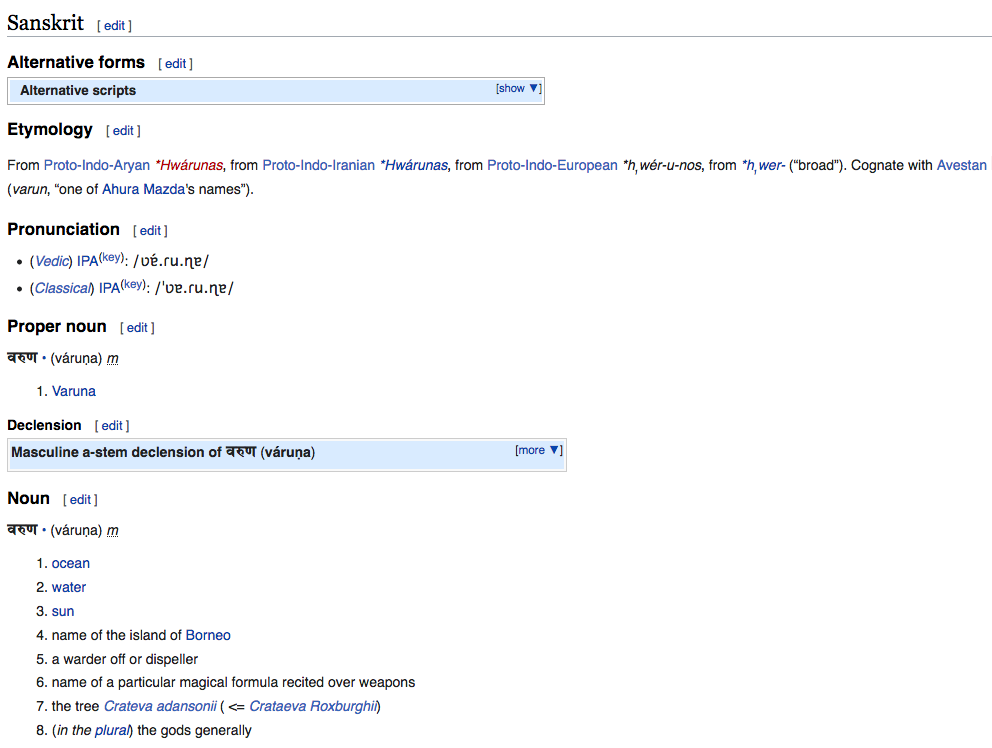
It is interesting that the country Borneo is said to be named after the Varunas. But in the 1960s, the country changed its name to Sabah. Spelled backward, Sabah can be Habas/Havas (a variation on the name Eve), or Hawas which is Urdu for “lust.”
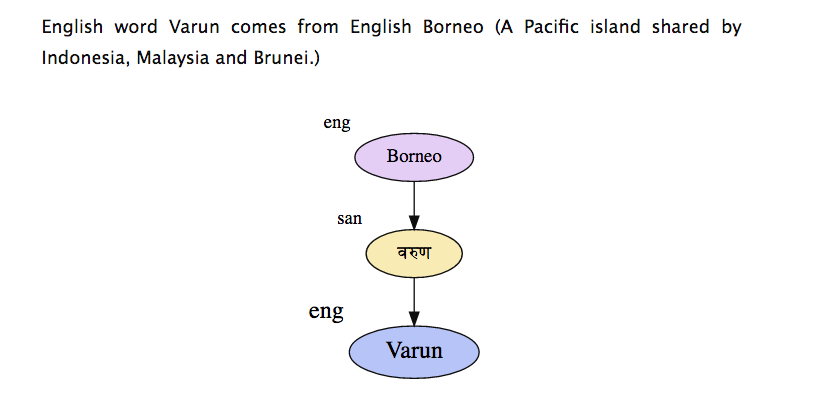
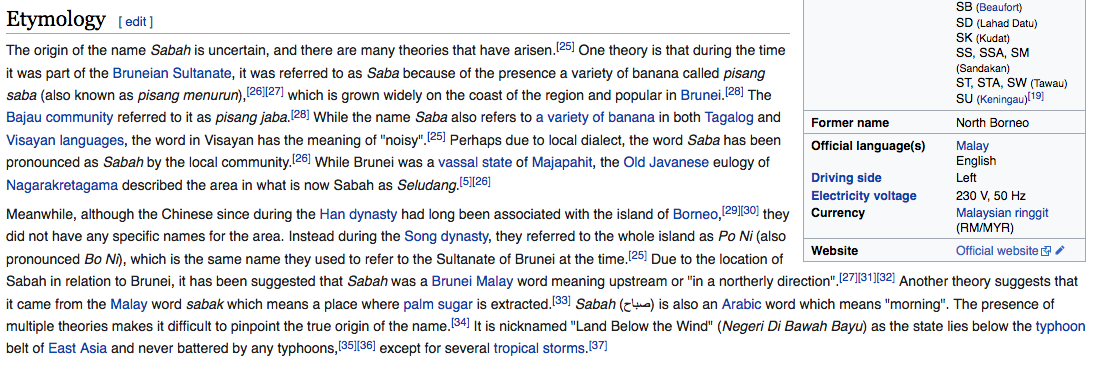
In the universe of my stories, this change to Sabah could also relate to Abas, who was seen as a hero of the human “goddess” Hera and the human god “Apollo.” There is also some connection to a bird so this could be a (possibly cowardly) “angel” but is also just as likely to mean eagle or the Za/Zasu/Zou bird on the Tree of Life. Of note is also the mythological names resembling Dana/Danu and Nils of the Scottish/Irish mythologies.




